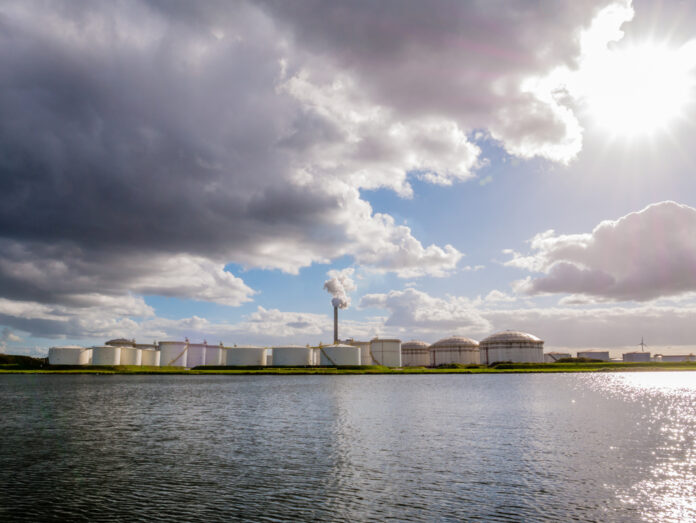With the Russian invasion of Ukraine, oil prices across the world have skyrocketed. In response, the International Energy Agency (IEA) has released 60 billion barrels of oil from emergency stocks onto the international market.
Of these, 823,000 barrels are landing on the market in the Netherlands, reports NU.nl.
This is the first time in more than ten years that the Netherlands draws on its oil reserves. But how large are those reserves and what does it mean for fuel prices?
How large are the Dutch oil reserves?
The IEA was established in the aftermath of the 70s oil crisis to prevent countries from experiencing shortages in case of a war, boycott, or natural disaster.
Member countries must have enough oil in stock to last them ninety days, so now the clock has begun ticking for the Netherlands. ⌛
Here, the reserves are managed by the Central Organization for Stock Formation of Petroleum Products (COVA) which rents storage space from commercial companies.
The 823,000 barrels of Dutch oil reserves are stored both above and below ground in containers and stock areas. Some of them are even located abroad but can be in the country within three days.
Where the oil is located exactly remains unknown.
Why draw on emergency reserves?
Unlike the 1973 oil embargo, Russia is still willing to sell its oil to Western countries. However, many countries have decided to halt imports of Russian oil as a way of protesting the invasion of Ukraine.
Many companies have followed the same lead or are hesitant to use Russian oil — fearing a blow to their public image.
Shell received major criticism for stocking up on Russian oil before completely withdrawing its operations from the country. 👀
Will the fuel prices finally go down?
Speaking of public image, that seems to be the reason why the Netherlands is dipping into its emergency reserves.
According to NU.nl, the 823,000 oil barrels now released on the Dutch market is about the same as the total amount of oil used in the Netherlands in just one day.
So nope, filling up your car won’t be any cheaper. 😅
“Theoretically, more supply means a lower price,” says Paul van Selms of consumer collective UnitedConsumers. “But the panic among oil companies is now so great that 823,000 barrels are just a drop in the ocean.”
Oil companies are still increasing prices at the gas station by unprecedented amounts. Plus, some of the oil reserves are also used as kerosene for aviation or industry.
Van Selms believes the Netherlands’ decision to use its oil reserves is mostly symbolic.
What do you think of the decision to draw on emergency oil reserves? Tell us in the comments below!
